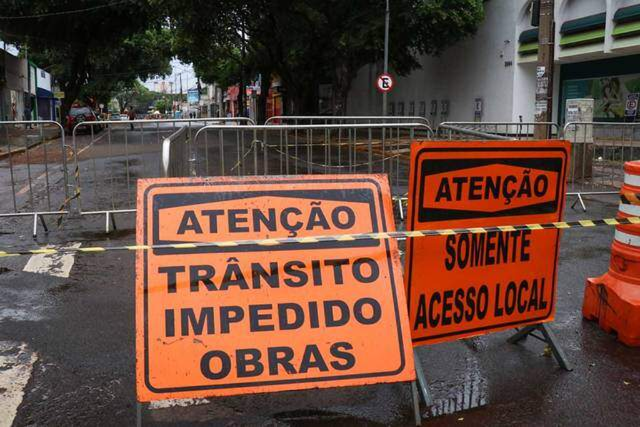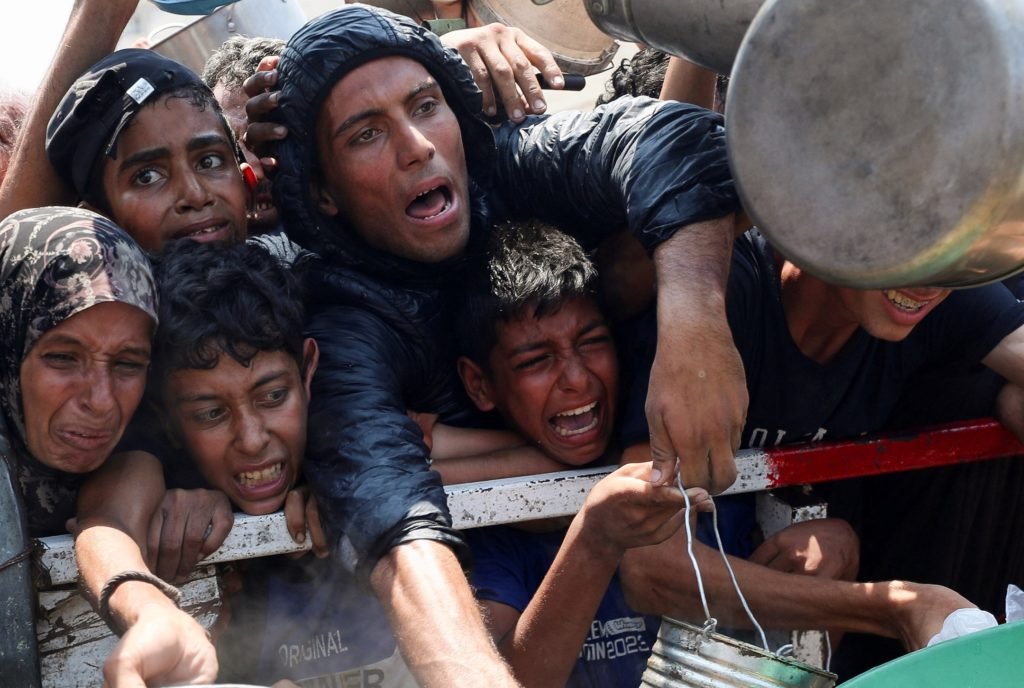The Dicastery for Promoting Christian Unity is concerned with fostering a genuine ecumenical spirit within the Church and promoting ecumenical dialogue with other Churches and Ecclesial Communities, with the aim of restoring unity among Christians.
By Alessandro Di Bussolo
The task of the Dicastery for Promoting Christian Unity is the growth, within the Church, of an authentic ecumenical spirit. It is active in all areas that can contribute to the promotion of the unity of Christians through fraternal relations, collaborations, and theological dialogues with other Churches and Christian Communions.
The prefect is Cardinal Kurt Koch, while the secretary is Archbishop Flavio Pace. Relations with other Churches and ecclesial Communities are managed by two sections: the Eastern section, for the Orthodox Churches of Byzantine tradition and for the Oriental Orthodox Churches (Coptic, Syriac, Armenian, Ethiopian, Malankara), as well as for the Assyrian Church of the East; and the Western section, for the various Churches and ecclesial Communities of the West.
Historical Background
On 5 June 1960, Pope St John XXIII created the Secretariat for Promoting Christian Unity as one of the preparatory commissions of the Second Vatican Council. In a certain sense, this the beginning of the Catholic Church’s official commitment to the ecumenical movement. The Secretariat prepared and presented to the Council the documents on ecumenism (Unitatis redintegratio); on non-Christian religions (Nostra aetate); on religious freedom (Dignitatis humanae); and, in collaboration with the doctrinal commission, the Dogmatic Constitution on Divine Revelation (Dei Verbum).
In 1966, after the Council ended, Pope Paul VI confirmed the Secretariat as a permanent body of the Holy See. In that same year, the Faith and Order Commission of the World Council of Churches and the Secretariat for Promoting Christian Unity decided, for the first time, to jointly prepare the official text of the annual Week of Prayer for Christian Unity.
With the Apostolic Constitution Pastor Bonus, in 1988, Pope St John Paul II converted the Secretariat into the Pontifical Council for Promoting Christian Unity. In 2022, with the Apostolic Constitution Praedicate Evangelium, Pope Francis changed the name to the Dicastery for Promoting Christian Unity.
Competence
It is the task of the Dicastery, as recalled in Praedicate Evangelium, “to engage in timely ecumenical initiatives and activities, both within the Catholic Church and in relations with other Churches and Ecclesial Communities, in order to restore unity among Christians” (art. 142).
Art. 143
§ 1. It is the task of the Dicastery to implement the teachings of the Second Vatican Council and of the post-conciliar magisterium on ecumenism.
§ 2. It deals with the correct interpretation and faithful application of ecumenical principles and established directives in order to guide, coordinate and develop ecumenical activity.
§ 3. It promotes Catholic meetings and events, both nationally and internationally, suitable for promoting Christian unity.
§ 4. The Dicastery coordinates the ecumenical initiatives of other curial institutions, offices and institutions associated with the Holy See with other Churches and Ecclesial Communities.
Art. 144
§ 1. Having previously submitted matters to the Roman Pontiff, the Dicastery takes care of relations with other Churches and Ecclesial Communities. It promotes theological dialogue and meetings in order to foster unity with them, making use of the cooperation of experts.
§ 2. The Dicastery appoints the Catholic members of theological dialogues, and the Catholic observers and delegates for the various ecumenical meetings. Whenever it seems appropriate, it invites observers, or fraternal delegates of other Churches and Ecclesial Communities to the most significant meetings and events of the Catholic Church.
…
Art. 146
In order to advance the relationship between Catholics and Jews, the Commission for Religious Relations with the Jews is established within the Dicastery. The Commission is directed by the Prefect.
Walking Together in the Search for Truth
“The dialogue among Christians over the last sixty years has allowed for more progress than ever before in history,” says Cardinal Kurt Koch, prefect of the Dicastery. He notes, for example: “the Christological declarations with the Oriental Orthodox Churches that put an end to fifteen hundred years of controversy, or the Joint Declaration on the Doctrine of Justification that resolved the fundamental issues at the heart of the sixteenth-century Reformation. Not least, the fact that Christians no longer see each other as enemies but as brothers and sisters in Christ.”
Pope Francis, concluding his address to the plenary assembly of what was then the Pontifical Council for Promoting Christian Unity, in May, 2022, invited all to “to go onward, to walk together”, adding, “It is true that theological work is very important, and we must reflect, but we cannot wait for theologians to agree before we embark on the path of unity”. He continued, “Once, a great Orthodox theologian told me that he knew when theologians would be in agreement. When? The day after the final judgement, he said. But in the meantime? Journey as brothers, in prayer together, in works of charity, in the search for truth. Like brothers. And this brotherhood is for all of us.”





